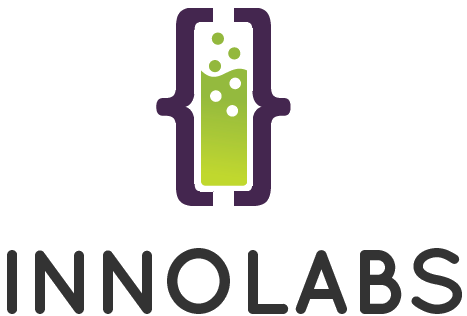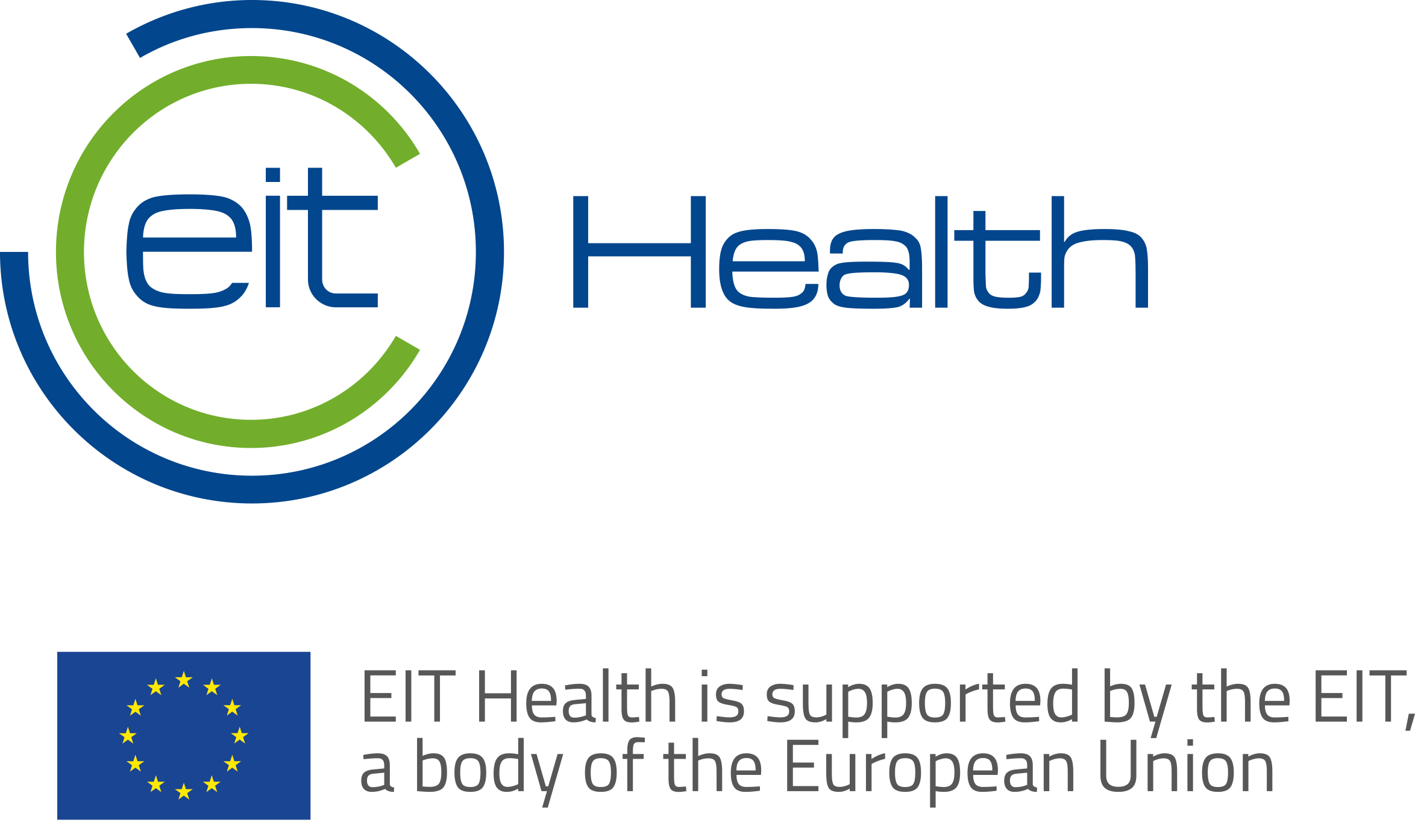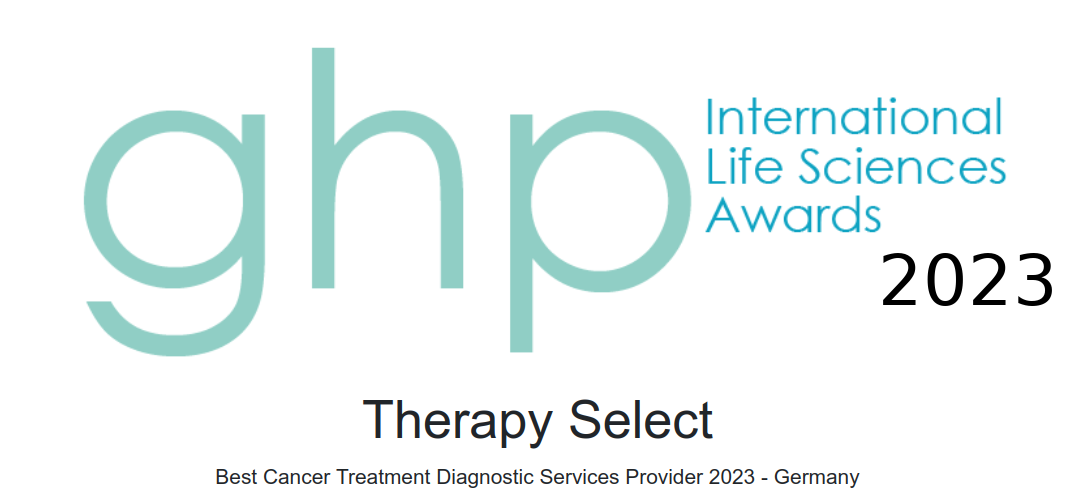Find Effective Drugs before Starting the Therapy!
No two cancer therapies are the same!
There is a wide range of different drugs which can be applied in treatment of colorectal cancer. This treatment includes classical chemotherapeutic substances, yet also new targeted drugs are used. Which medication should be prescribed depends on different factors, e.g. the cancer stage and the general condition of the patient. In order to choose the right therapy there are medical guidelines for physicians. However, in some situations the guidelines do not give clear recommendations and propose equivalent treatment options.
Diagnostic assays can help to identify effective and ineffective drugs before the start of a therapy. The available spectrum of therapeutics can thereby be limited on the most promising substances. Our diagnostics contribute avoidance of unnecessary side effects as a consequence of an ineffective therapy and save valuable treatment time. Therefore we offer the following diagnostic tests:
- CTR-Test® - An efficacy test working on living tumor cells
- PCDx™ - A tumor-biomarker-analysis working on non-living, conserved tumor cells
- Guardant360®- A tumor-biomarker-analysis working with blood
Guidelines for the Treatment of Colorectal Cancer
Hereafter you can find an overview about guideline-recommendations, which are elaborated by medical specialist associations:
Colorectal cancer is classified into four stages. For the first three stages the therapy is a curative one, which aims for a complete cure.
In the fourth stage a palliative therapy aims for an improvement of quality of life. It has to be determined if metastases are surgically removable and if a mutation of the RAS-gene, a protooncogene, exists.
| Stage I (curative) | after operation no further chemotherapy | |
| Stage II (curative) | fluoropyrimidine* | |
| Stage III (curative) | fluoropyrimidine* + oxaliplatin | |
| in presence of contraindications against oxaliplatin | fluoropyrimidine* | |
| Stage IV (palliative) | surgically removable metastases | fluoropyrimidine* + oxaliplatin and/or Irinotecan +/- anti-EGRF antibody** |
| fluoropyrimidine* + oxaliplatin and/or irinotecan +/- bevacizumab | ||
| non-surgically removable metastases and RAS mutation | fluoropyrimidine* + oxaliplatin and/or irinotecan +/- bevacizumab | |
| monotherapy | ||
| non-surgically removable metastases and no RAS mutation | fluoropyrimidine* + oxaliplatin or irinotecan + anti-EGRF antibody** | |
| fluoropyrimidine* + oxaliplatin and/or irinotecan +/- bevacizumab | ||
| monotherapy |
*fluorpyrimidine are e.g. 5-fluorouracil or capecitabine
**anti-EGRF antibodies are e.g. cetuximab or panitumumab
This table is based on the "Evidenced-based Guideline for Colorectal Cancer", issued by the Association of the Scientific Medical Societies in Germany (Arbeitsgemeinschaft der Wissenschaftlichen Medizinischen Fachgesellschaften e.V., AWMF) [1], and the "Leitlinie Kolonkarzinom" from the German Society for Haematology and Medical Oncology (Deutsche Gesellschaft für Hämatologie und Medizinische Onkologie e.V., DGHO), published on onkopedia.de [3].
Efficacy Tests of Drugs for Colorectal Cancer
Which drugs can be tested in their efficacy by our diagnostic tests? The following tables give you information on the substances recommended by the guidelines, but also about further drugs which can be found as additional treatment options in literature. These substances are classified in the following categories:
In addition the frequently used combination therapies are listed below.
The testabilities for the CTR-Test® and the PCDx™ are also given.
Chemotherapeutics
| Substance name | Efficacy testable by living tumor & blood (living cells) | Efficacy testable by archived tumor (FFPE) | Efficacy testable by blood (plasma) | Reference |
|---|---|---|---|---|
| capecitabine | yes | yes | not yet | [1], [2], [3], [4] |
| fluorouracil | yes | yes | not yet | [1], [2], [3], [4] |
| irinotecan | yes | yes | not yet | [1], [2], [3], [4] |
| mitomycin C | yes | yes | not yet | [1], [2] |
| oxaliplatin | yes | yes | yes | [1], [2], [3], [4] |
Targeted Drugs
| Substance name | Efficacy testable by living tumor & blood (living cells) | Efficacy testable by archived tumor (FFPE) | Efficacy testable by blood (plasma) | Reference |
|---|---|---|---|---|
| aflibercept | no | no biomarkers yet | not yet | [2] |
| bevacizumab | no | yes | not yet | [1], [2], [3], [4] |
| cetuximab | no validation yet | yes | yes | [1], [2], [3], [4] |
| panitumumab | no validation yet | yes | yes | [2], [3], [4] |
Frequently Used Combination Therapies
| Substance name | Combination name | Reference |
|---|---|---|
| 5-fluorouracil + aflibercept + irinotecan | Folfiri/Aflibercept | [2] |
| 5-fluorouracil + bevacizumab | [1] | |
| 5-fluorouracil + bevacizumab + irinotecan | Folfiri/Bevacizumab | [1], [2], [3], [4] |
| 5-fluorouracil + bevacizumab + irinotecan + oxaliplatin | Folfoxiri/Bevacizumab | [1], [2], [3], [4] |
| 5-fluorouracil + bevacizumab + oxaliplatin | Folfox/Bevacizumab | [1], [3], [4] |
| 5-fluorouracil + cetuximab + irinotecan | Folfiri/Cetuximab | [1], [2], [3], [4] |
| 5-fluorouracil + cetuximab + oxaliplatin | Folfox/Cetuximab | [1], [3], [4] |
| 5-fluorouracil + irinotecan | Folfiri | [1], [2], [3], [4] |
| 5-fluorouracil + irinotecan + oxaliplatin | Folfoxiri | [1], [2], [3], [4] |
| 5-fluorouracil + irinotecan + panitumumab | Folfiri/Panitumumab | [2], [3], [4] |
| 5-fluorouracil + oxaliplatin | Folfox | [1], [2], [3], [4] |
| 5-fluorouracil + oxaliplatin + panitumumab | Folfox/Panitumumab | [2], [3], [4] |
| 5-fluorouracil + mitomycin C | [1] | |
| bevacizumab + capecitabine + irinotecan | Caplri/Bevacizumab | [2], [3] |
| bevacizumab + capecitabine + oxaliplatin | Xelox/Bevacizumab | [1], [3], [4] |
| capecitabine + irinotecan | Caplri | [1], [2], [3] |
| capecitabine + oxaliplatin | Xelox | [1], [2], [3], [4] |
| cetuximab + irinotecan | [1], [2] |
The drugs listed here were identified as potential therapy options after an accurate literature research. Completeness cannot be guaranteed. Status: September 2016.
Sources
[3] Leitlinie Kolonkarzinom issued by the DGHO (published on Onkopedia.de) - Status: January 2016
[4] NCCN Clinical Practice Guidelines in Oncology (NCCN Guidelines ®) – Colon Cancer; Version 2.2016



